Mondays
The Future is Black: Afrofuturism in World Cinema
Programmed by Jola Idowu
I imagine a future in which black pain is not exploited for art...But is told, cared for, and felt...Like the ending to Forrest Gump or Sally Fields in Steel Magnolias...Where it is not only Denzel with one tear in his eye...But mothers, holding daughters, holding fathers, holding sisters, holding daughters, holding sons. I imagine a future in which the past is not silenced, Where not only people are equal like MLK said overlooking the Washington Memorial, but my history, and their history, and your history...I imagine a future where we do not need to be saved. I imagine a future where black people walk on water (Fuck "I dont swim."), I imagine that the future is black. Black women in space. Black farmers. Black people in every place of the world, so we never feel alone, I imagine a future in which I get to stay black, and my color is not negotiated for progress. I imagine a future in which black kids are not analyzed, probed, and tested to figure out if they need a jail cell or a torn book. I imagine a future in which I can feel like my parents and my grandparents standing before the church pupil, where I can feel God not as a want, but a necessity. Where when I look at the women standing around me lying on the floor, I do not feel fear. I imagine a future in which Sun Ra, George Clinton, Janelle Monae, Julie Dash, Solange Knowles, Octavia Butler, MF DOOM, Flying Lotus, Samuel R. Delaney, and Haile Gerima are the past. No longer something we aspire to, but what we look back towards in order to go forward (Sankofa).
This series was sponsored by the Center for the Study of Race, Politics, and Culture.

1/8/2018 @ 7:00 PM
Daughters of the Dust
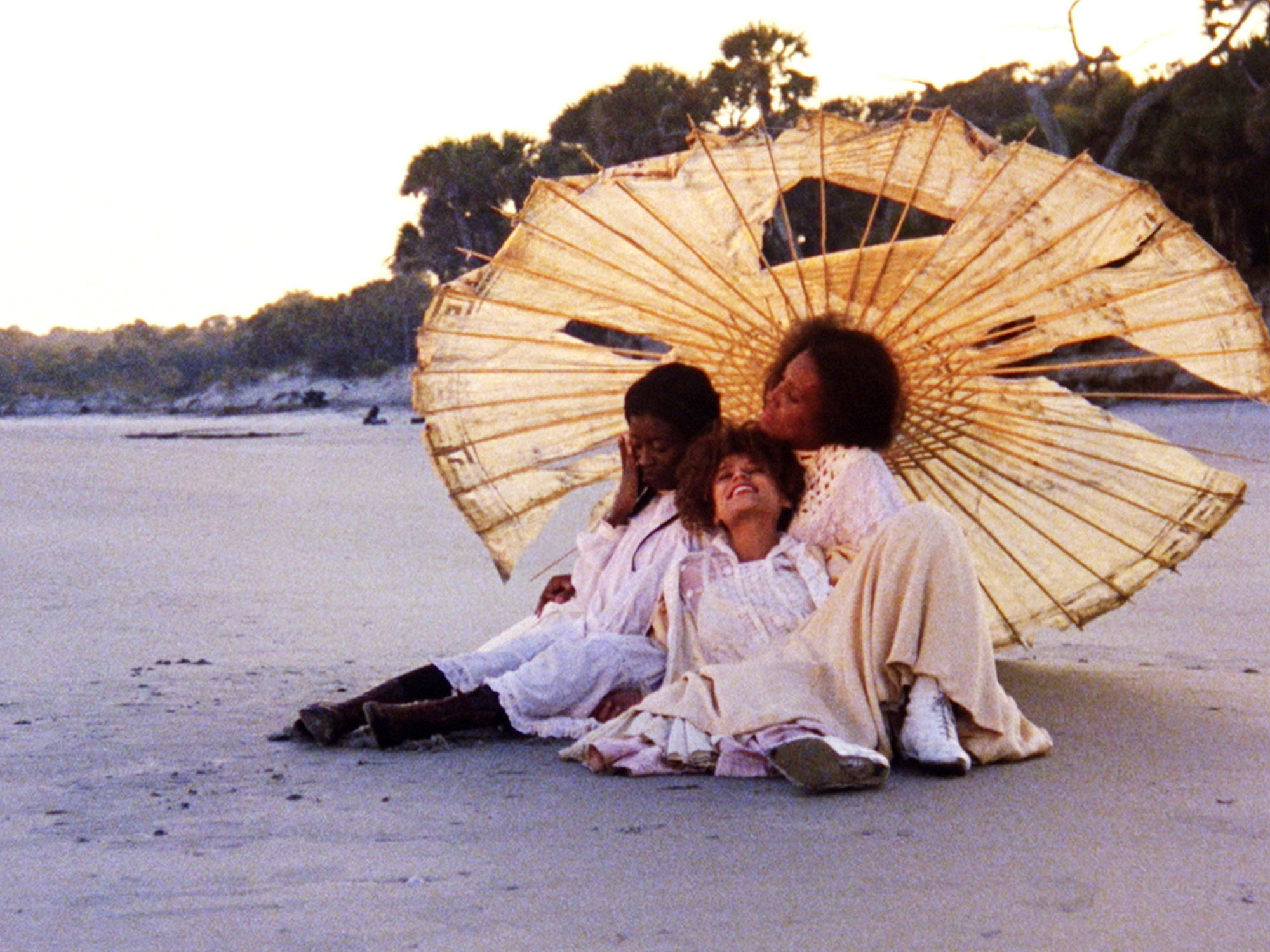
(Julie Dash, 1991) · Daughters of the Dust draws on science fiction in its depiction of a dilemma of the black future, while remaining rooted in the South's recent past of slavery and postbellum reconstruction. Directed by Julie Dash, one of the members of the L.A. Black Rebellion, the film follows three generations of Gullah women as they prepare to migrate North. This was the first film directed by an African American woman to obtain general theatrical release in the U.S.
runtime: 112m format: DCP
1/22/2018 @ 7:00 PM
The Brother from Another Planet
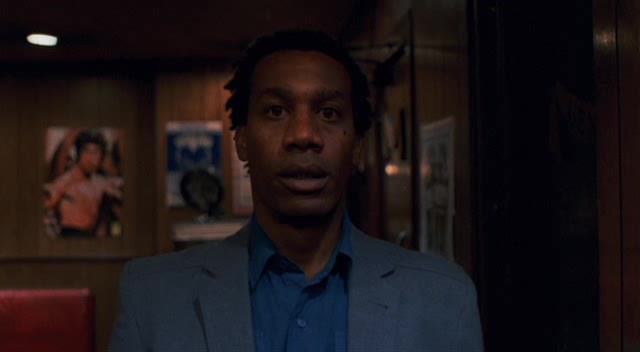
(John Sayles, 1984) · This unique sci-fi directed by John Sayles and starring Joe Morton (Rowan Pope from Scandal) blends humor and social commentary with the common premise of the arrival of aliens on earth. In this film, however, the alien is black, a former slave, and he lands in Harlem leading to several mishaps and laughs. Catch John Sayles as one of the Men in Black sent to retrieve the alien from Earth.
runtime: 108m format: 35mm
1/29/2018 @ 7:00 PM
Blade
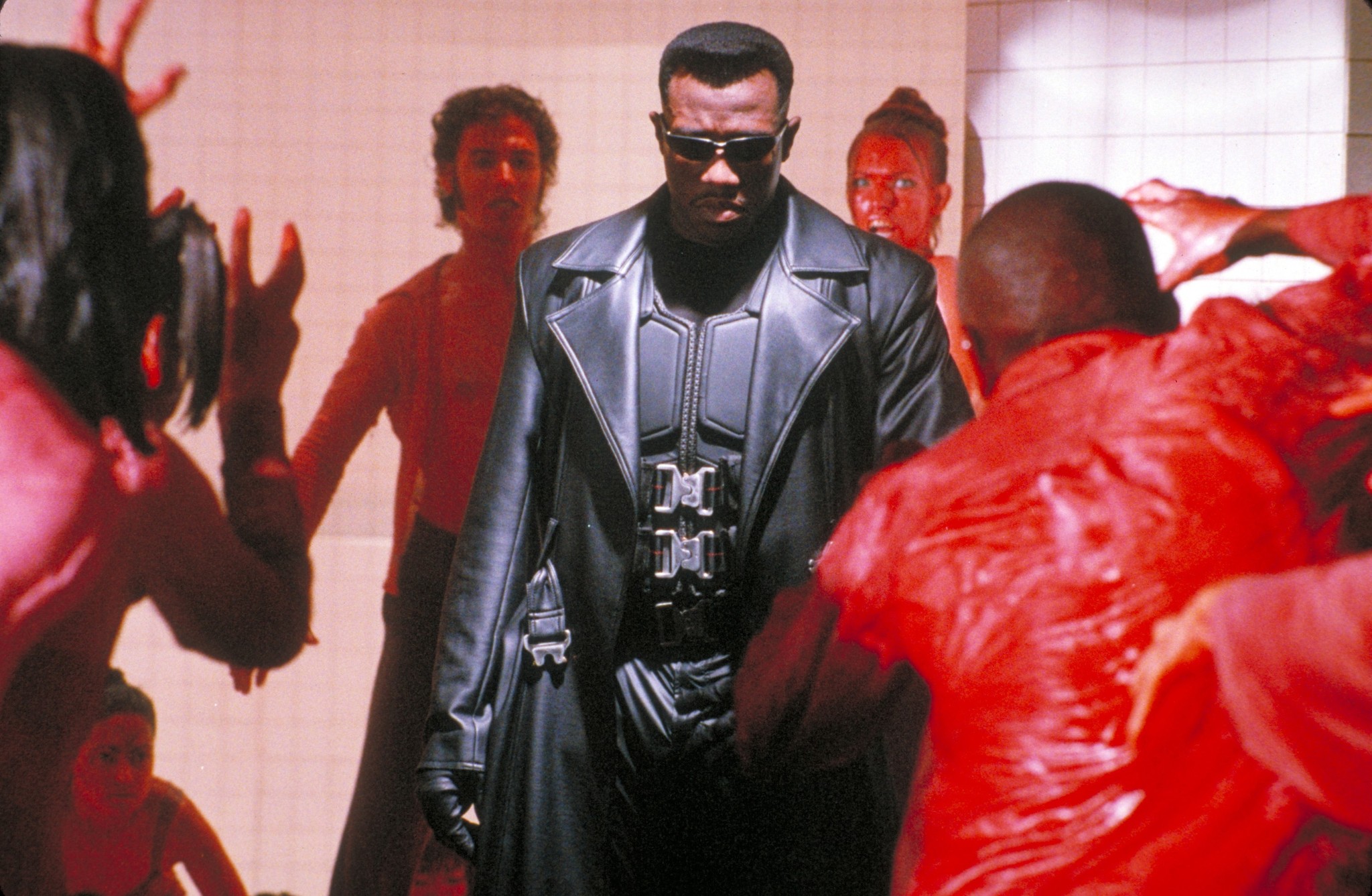
(Stephen Norrington, 1998) · Blade stars Wesley Snipes as its namesake superhero and vampire hunter. A half-vampire himself, Blade pursues the creatures mercilessly, his motive hidden in a personal vendetta from the past. The first of its franchise, this film reimagines the traditional action-film superhero, blending the future, technology, and super science with blackness and an aura of uncertainty.
runtime: 120m format: 35mm
2/5/2018 @ 7:00 PM
An Oversimplification of Her Beauty
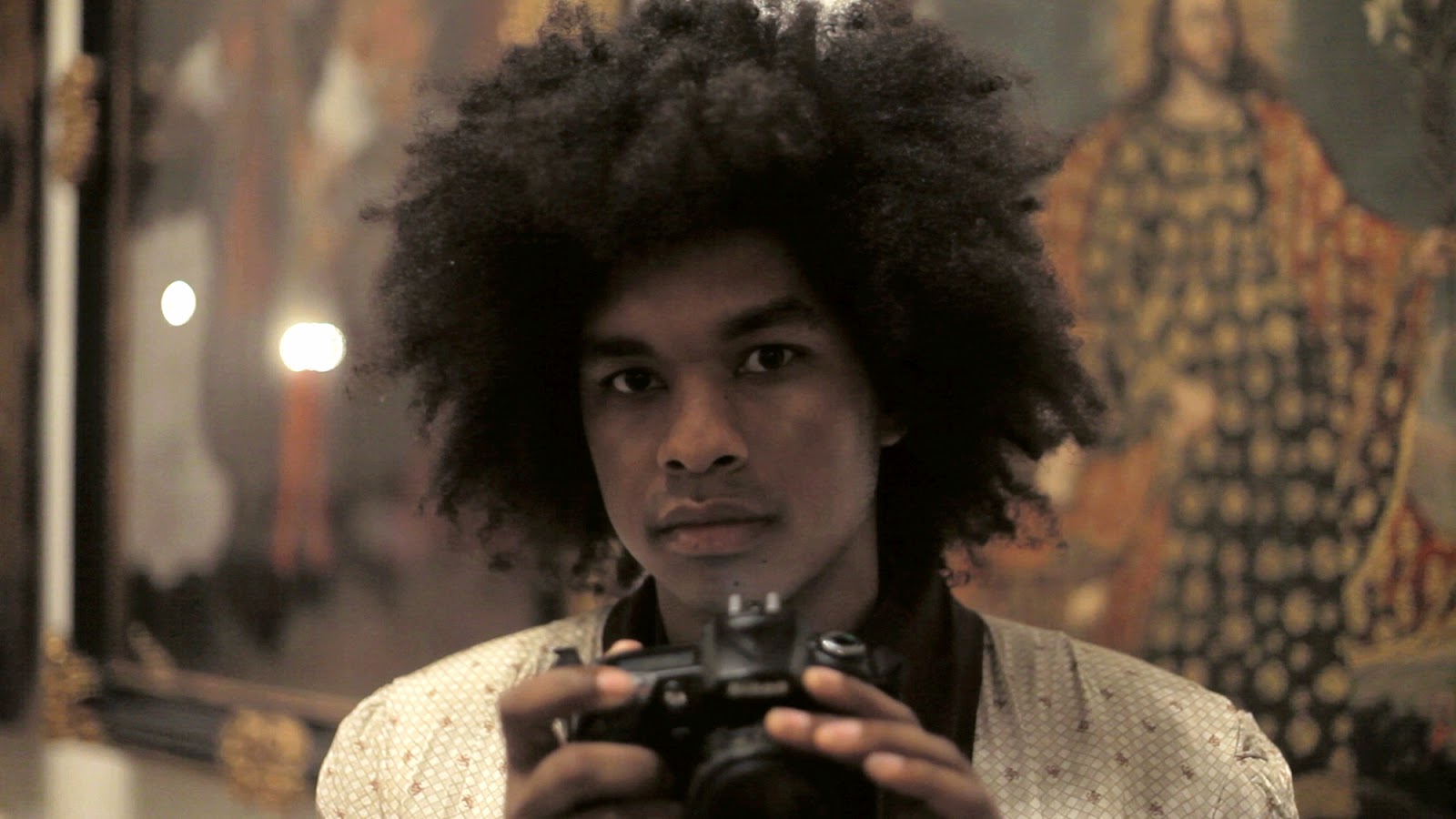
(Terence Nance, 2012) · Director Terence Nance throws genre out the window to create a film that blends animation, romance, comedy, live-action, and genre, proving that Afrofuturism is a matter not only of content, but also of filmic style. An Oversimplification of Her Beauty follows an artist (Terence Nance) as he ponders his failed relationships, and the differences between romantic and platonic love. The film also boasts a captivating score from Flying Lotus.
runtime: 93m format: Digital
2/12/2018 @ 7:00 PM
Children of Men
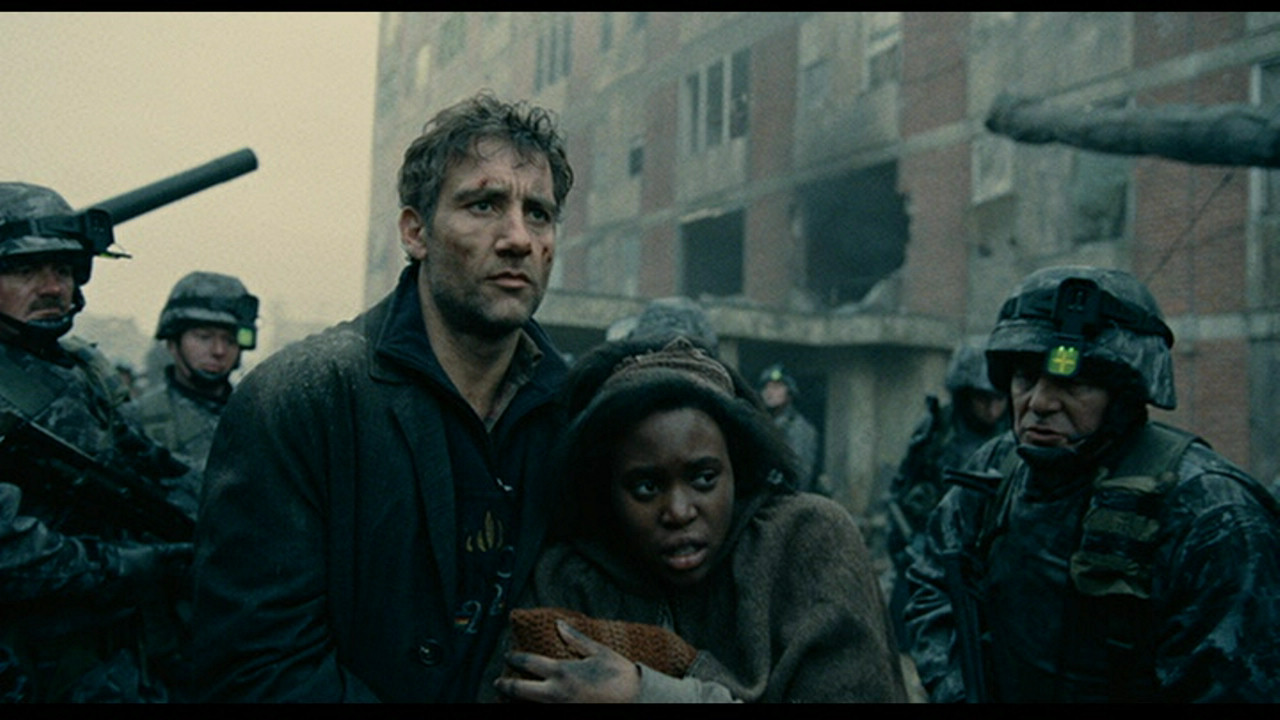
(Alfonso Cuarón, 2006) · One of the best films of the 2000s, among the top science fiction films ever made, and Alfonso Cuarón's magnum opus, the monumental Children of Men continues to rack up fans and recognition. Scarily relevant today, it takes place in a dystopian future in which the women can no longer give birth due to unknown circumstances, and uses this premise as a springboard to plunge into the still live questions of immigration, history, Western supremacy, and racism.
runtime: 109m format: 35mm
2/19/2018 @ 7:00 PM
Space is the Place
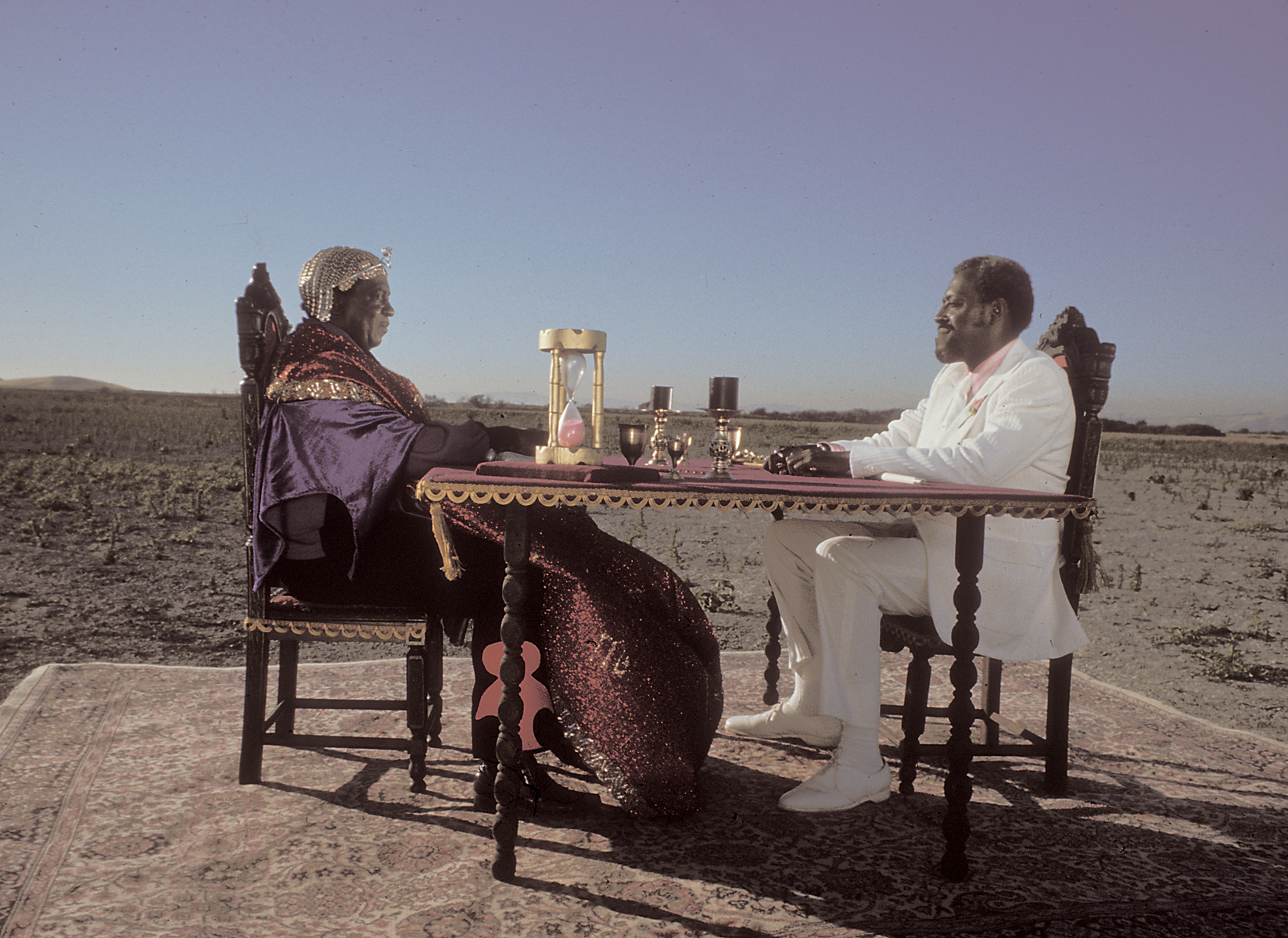
(John Coney, 1974) · Space is the Place is one of the most important expressions of Afrofuturism to ever grace the silver screen. The film follows musician Sun Ra, Chicago resident and one of the fathers of Afrofuturism, as he attempts to resettle African Americans on a different planet, using music as the mode of transportation. Come for Sun Ra's unique acting and writing, and stay for the incredible soundtrack by musical legends Arkestra.
runtime: 85m format: DCP
2/26/2018 @ 7:00 PM
Sankofa
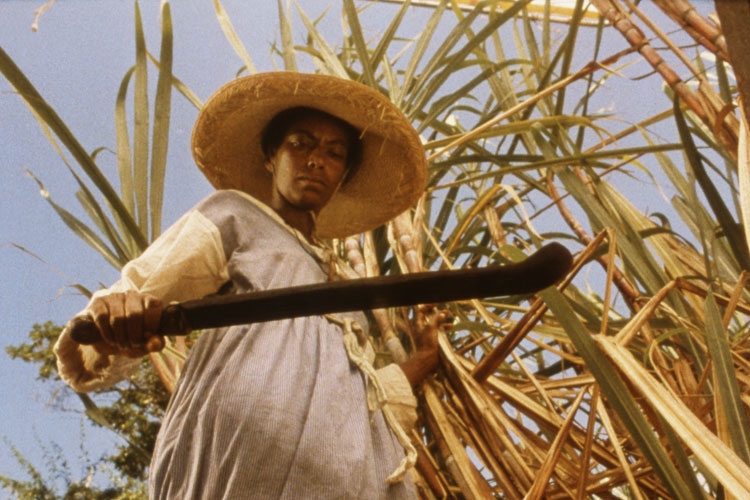
(Haile Gerima, 1993) · Go back and get it. Legendary filmmaker Haile Gerima embraces this philosophy in his film of the same name by following a model who is transported back in time as a slave. The film is considered Gerima's most important work and an iconic work in Afrofuturism.
runtime: 124m format: 35mm
3/5/2018 @ 7:00 PM
BlacKorea - Special Screening
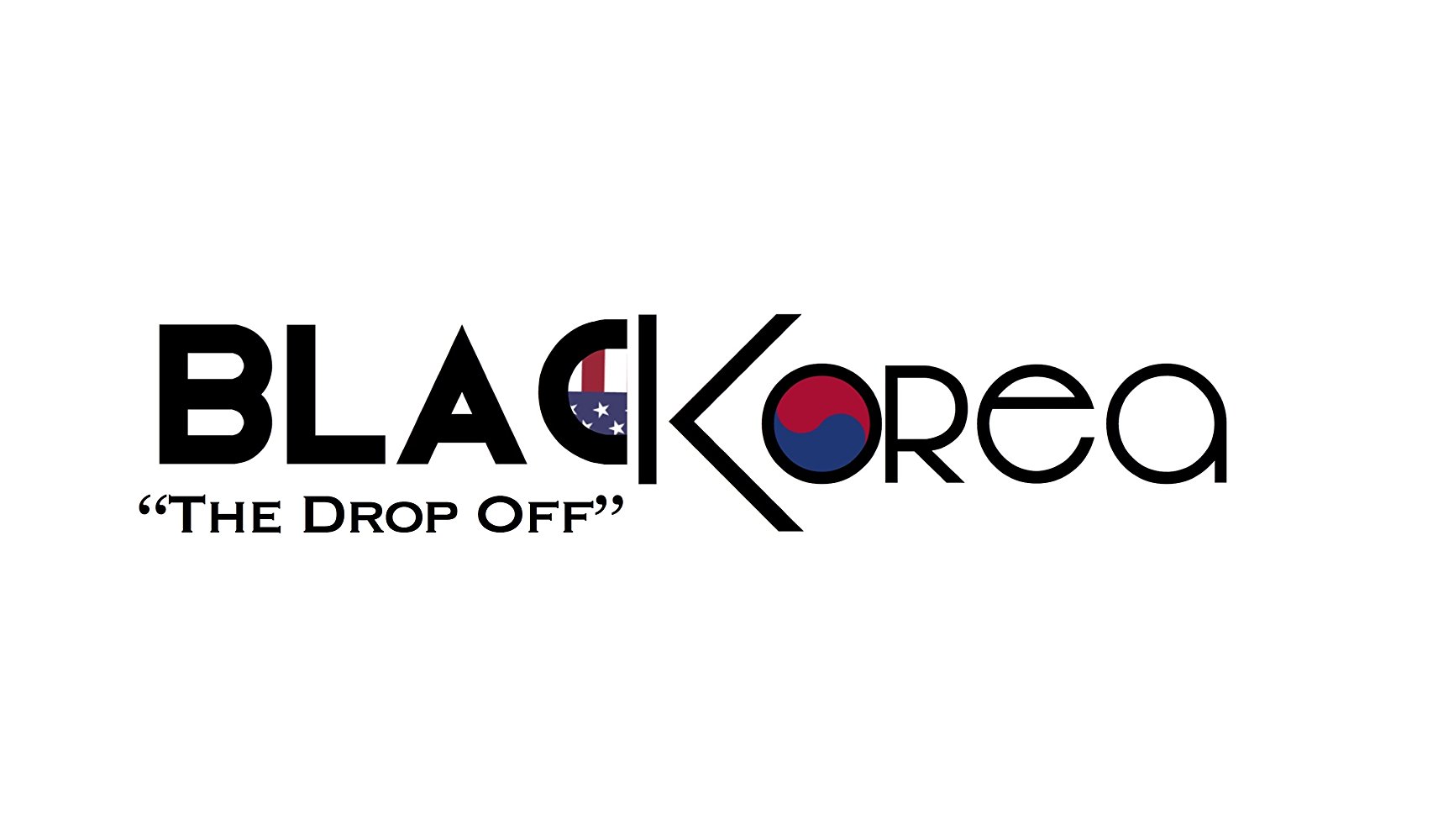
(Christine Swanson, 2017) · Two children, born to a Korean mother and a African-American father, struggle with the consequences of their parents' decisions and the brutality of Chicago. Based on Patti Kim Gill's life, and directed by Christine Swanson (also Korean and Black), BlacKorea takes an honest look at stereotypes resulting from two cultures colliding. Screening followed by a panel discussion and Q&A with the cast and crew. Presented in collaboration with the Center for the Study of Race, Politics, and Culture, The Center for the Study of Gender & Sexuality, The Center for Identity & Inclusion, and UChicago GRAD. Event is free and open to the public. Space is limited so please RSVP here.
runtime: 25m format: DCP



